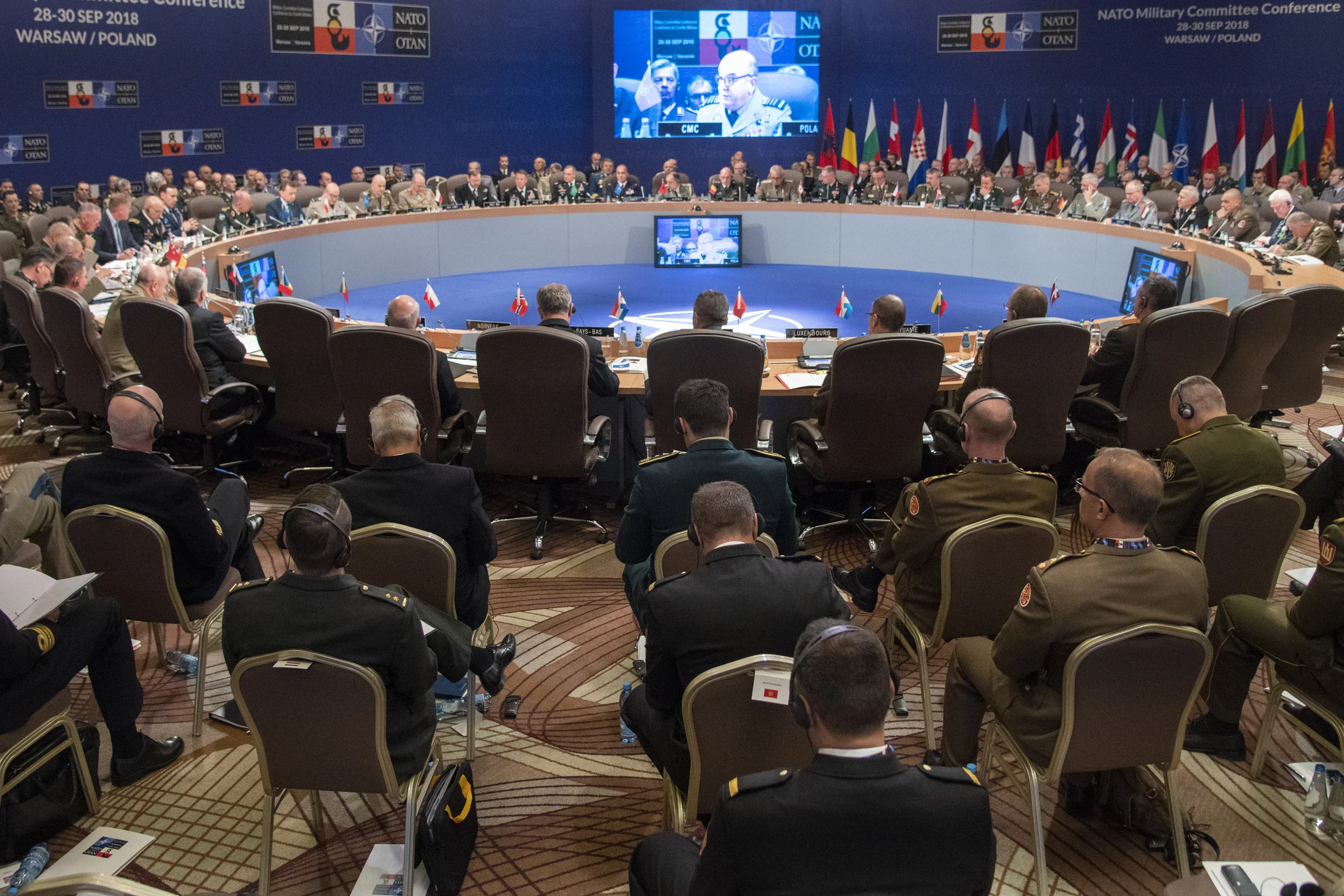By Aaron Baum
This paper recommends that ASEAN countries create investment screening mechanisms close to OECD recommendations and that ASEAN itself encourages working- and Ministerial-level engagement on investment screening via a new Sectoral Ministerial Body that will track regional investment trends.
Read More



















